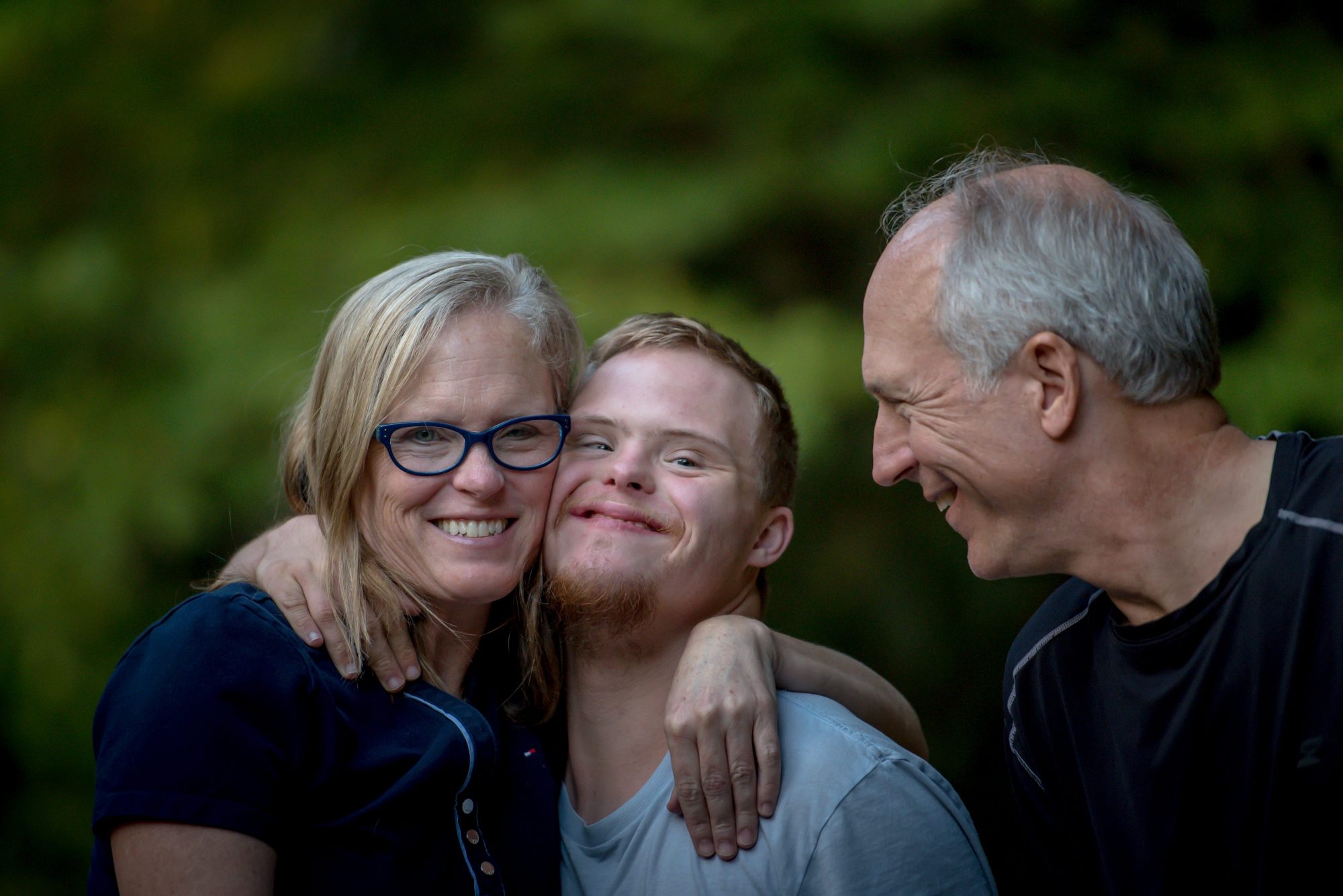Domestic Violence – women with learning disabilities
Introduction
The research project Domestic violence and women with learning disabilities looked at women with learning disabilities who had experienced domestic violence from a boyfriend, husband or ex-partner. It also explored the attitudes and practices of the Police and other professionals who are called to support women.
Funding was awarded by SSCR (School for Social Care Research) for Dr Michelle McCarthy to carry out the project for two years (2012- 2014). The research workers on the project were Siobhan Hunt and Karen Milne-Skillman. Professor Glynis Murphy gave advice, particularly on statistical analysis of the survey. Ethical approval was granted by SCREC (Social Care Research Ethics Committee) Ref. No. 12/IEC08/0028
Rationale
There is a huge body of evidence regarding domestic violence in the general population and a smaller body of research on domestic violence of women with physical and sensory impairments. But there is very little research indeed on domestic violence and women with learning disabilities, apart from a couple of small qualitative studies e.g. Walter-Brice, A., Cox, R., Priest, H., & Thompson, F. (2012). What do women with learning disabilities say about their experiences of domestic abuse within the context of their intimate partner relationships?. Disability & Society, 27(4), 503-517. Pestka, K., & Wendt, S. (2014). Belonging: women living with intellectual disabilities and experiences of domestic violence. Disability & Society, 29(7), 1031-1045.
The motivation for conducting this research was to try to fill the gaps in our knowledge on this important topic.
Methods
This was a mixed methods study and took place at the Tizard Centre, the University of Kent between 2012-14.
Qualitative Interviews:
Semi-structured in-depth interviews were conducted with 15 women with mild and moderate learning disabilities. Inclusion criteria were that women had to be over 18, have experienced domestic violence in the previous 5 years, and had left the violent relationship (ethical approval was not granted to include women still in violent relationships). The women were asked about their own experiences of domestic violence, the impact on them and their children (if any), how they made the decision to leave, who they sought help from and life after the abusive relationship. Some of the principles and practices of Interpretative Phenomenological Analysis (IPA) guided the data analysis, as this method is well suited to exploring how people make sense of their experiences and the meanings they attach to them.
Biographical information:
15 women with mild and moderate learning disabilities
• Age range: 20-67
• Ethnicity: 12 White British, 3 Bangladeshi / Indian
• Relationship status: Married-6, Not married- 9
• Had children: Yes – 7, No- 8
• Location: Kent and South East/East London
Survey of Professionals
We also conducted an online nationwide survey of professionals and Police across the UK, using the online survey tool Qualtrics ®. We used SPSS version 21 for the statistical analysis and we did a content analysis of the free text answers. Respondents were asked about their experience of working with women with learning disabilities who had lived with domestic violence, for their views on the women’s vulnerability and their reasons for leaving/staying in a violent relationship.
We had a total of 717 respondents to our survey: 545 professionals from health and social care, in the statutory, voluntary and third sector; 172 serving Police officers.
Findings
Summary of research findings
The research was featured in the Learning Disabilities Elf, a weekly blog highlighting the latest learning disabilities evidence.
Article on domestic violence
Posters relating to the project: 2015
Podcast on domestic violence (Holistic support for people with learning disabilities experiencing domestic abuse)
Think Kent Video related to Domestic Violence – Domestic violence against women with learning disabilities
Service User Involvement
We worked with a consultation group of women with learning disabilities at various stages of the project. At the early design stage, we held a focus group to discuss the topic of domestic violence in broad terms, to see what the women knew about it and how they thought we should discuss the topic with our interviewees. The women had some input into shaping the interview schedule. At a later stage, they helped to make the DVD for women with learning disabilities and the accessible leaflet. They developed a strong interest, not only in the research, but in the topic more broadly, and went on to help develop two of the Books Beyond Words series on domestic abuse. See here for details http://booksbeyondwords.co.uk/bookshop/paperbacks/when-dad-hurts-mum and http://booksbeyondwords.co.uk/bookshop/paperbacks/finding-safe-place-abuse-pre-order
Accessible Resources
We made a DVD with, and for, women with learning disabilities. To watch it online: Vimeo or on the Tizard web page.
Hard copies of this video are available, free of charge, for women with learning disabilities. Please contact Michelle McCarthy to request a copy M.McCarthy@kent.ac.uk. If you do request a copy, please note that it should ideally be held as a central resource and shown to women with learning disabilities, but not necessarily be given to them to keep. For women who are in, at risk of being in or who have recently left a violent relationship, having a DVD which clearly indicates it is about domestic violence could put them at risk. A perpetrator could be alerted to the fact that the woman is seeking help and violence could ensue/escalate.
An accessible leaflet with, and for, women with learning disabilities (pdf) is also available.
Contact Us
For further information on this research or to request copies of the DVD or any other research outputs, please contact :
Dr Michelle McCarthy
Tizard Centre
University of Kent
Canterbury
CT2 7LZ
Tel. 01227 827997
Email M.McCarthy@kent.ac.uk
LINK to my profile on Tizard webpage
